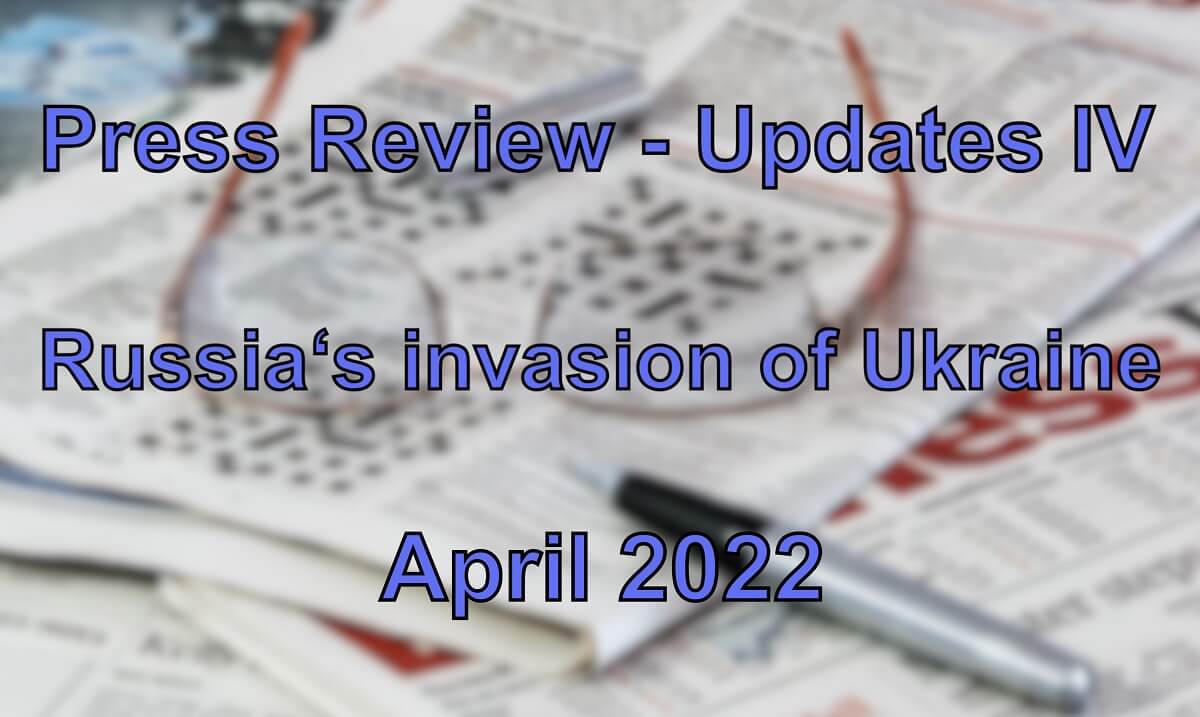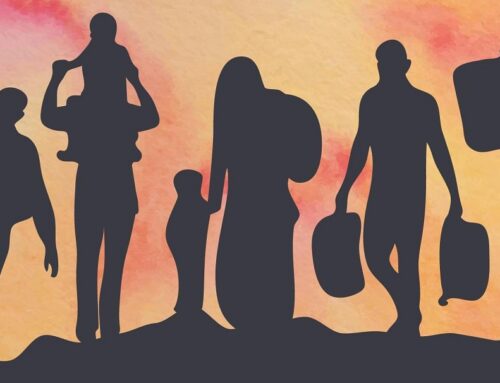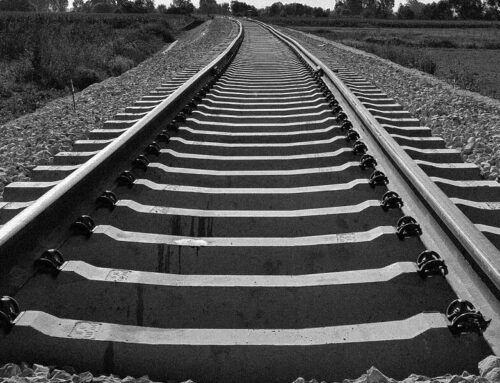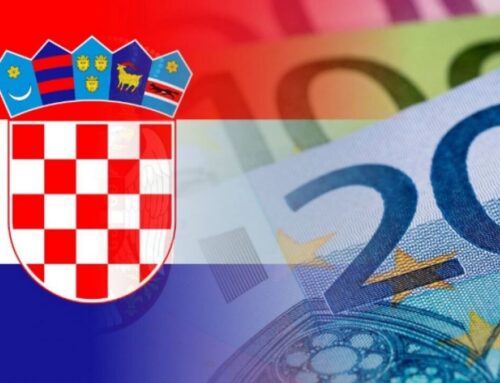#Refugees
On April 25, 98,670 people entered Romania through the border points, including 4,412 Ukrainian citizens (increasing by 38.3% compared to the previous day). At the border with Ukraine, 2,135 Ukrainian citizens entered Romania (an increase of 83%), and at the border with the Republic of Moldova, 865 Ukrainian citizens entered (an increase of 4.2%).
Since the beginning of this crisis, until April 25, at 24.00, at national level, 786,086 Ukrainian citizens entered Romania. (Border Police)
More than 3,900 vacancies are currently open in Romania for Ukrainian refugees fleeing the war, according to this week’s data from the National Employment Agency (ANOFM). A total of 647 Ukrainian citizens have already registered with the ANOFM regional agencies to benefit from information, counselling and mediation services on the labour market. Most Ukrainian refugee citizens registered in the records were in the counties of Suceava (74), Arad (73), Bistriţa-Năsăud (67), Bihor (62), Bucharest (44), Timiş (41). Of these, 382 are already employed through ANOFM. (Economedia)
#DefenceAndSecurity
The Minister of National Defence, Vasile Dincu, received on Thursday (21/04), at the Ministry of Defence’s headquarters, the Ambassador of the Kingdom of the Netherlands, Roelof van EeS, in which context the diplomat presented to the Romanian official the letter of participation in the Allied Battle Group in Romania, with 200 troops. According to a release sent by the Ministry of National Defence, the meeting highlighted the interest of the Romanian side in intensifying joint training activities, including in a multinational framework, as well as the cooperation within the projects developed in NATO and EU format. (Agerpres, G4Media)
#Meetings
Prime Minister Nicolae Ciuca received the delegation of the American Senator Steve Daines at the Victoria Palace on Thursday (21/04), with the two officials addressing issues related to the security situation in the region, as a result of the Russian military aggression in Ukraine. According to a Government’s press release, the prime minister presented Romania’s efforts to stand with the Ukrainian people, with a focus on managing the flow of refugees and the humanitarian hub in Suceava, which integrates support from the European Union and other states. (Mediafax, Agerpres)
#Calls
Romania’s President Klaus Iohannis had a phone conversation with his Bulgarian counterpart Rumen Radev on Wednesday (20/04) about the situation in Ukraine. “I had a very good conversation with President of Bulgaria Rumen Radev on the extremely worrying security situation in Ukraine and Black Sea. Romania and Bulgaria will continue to coordinate their efforts to provide consistent humanitarian support to Ukraine and the refugees,” Iohannis wrote on Twitter. (Agerpres)
#Humanitarian/Manifestations of solidarity
Romania’s Transilvania International Film Festival (TIFF) announced the launch of a special initiative dedicated to the Ukrainian community and filmmakers. As such, as part of the TIFF for Ukraine initiative, Ukrainian citizens will benefit from free access to film screenings. In addition, the festival’s program will include films created by directors from Ukraine, concerts by Ukrainian musicians, and a donation campaign.
The European Film Festival will put Ukraine in the spotlight and screen several films by Ukrainian directors at its 26th edition, to take place in Bucharest and Timișoara. In Bucharest, the event will take place between May 5 and May 11 at Elvire Popesco Cinema and Cinemateca Eforie, while in Timișoara a gala is scheduled for May 10 at Cinema Victoria. (Romania Insider)
On the occasion of Land Forces Day (25/04), President Klaus Iohannis emphasises their significant role in strengthening Romania’s strategic profile, stating that it is “one of the most important Romanian Army service branches, which carries out complex missions that are key to ensuring our country’s defence and security.” The president also stressed that Romania “will continue to be an important provider of security and stability in South-Eastern Europe, as well as at the Euro-Atlantic level”. (Agerpres)




